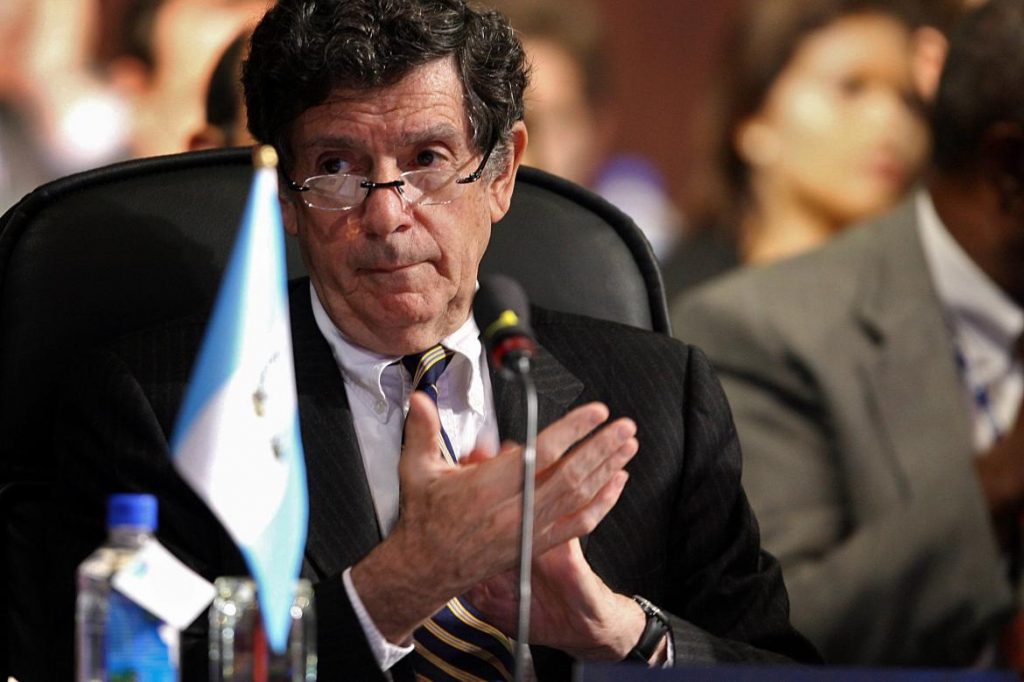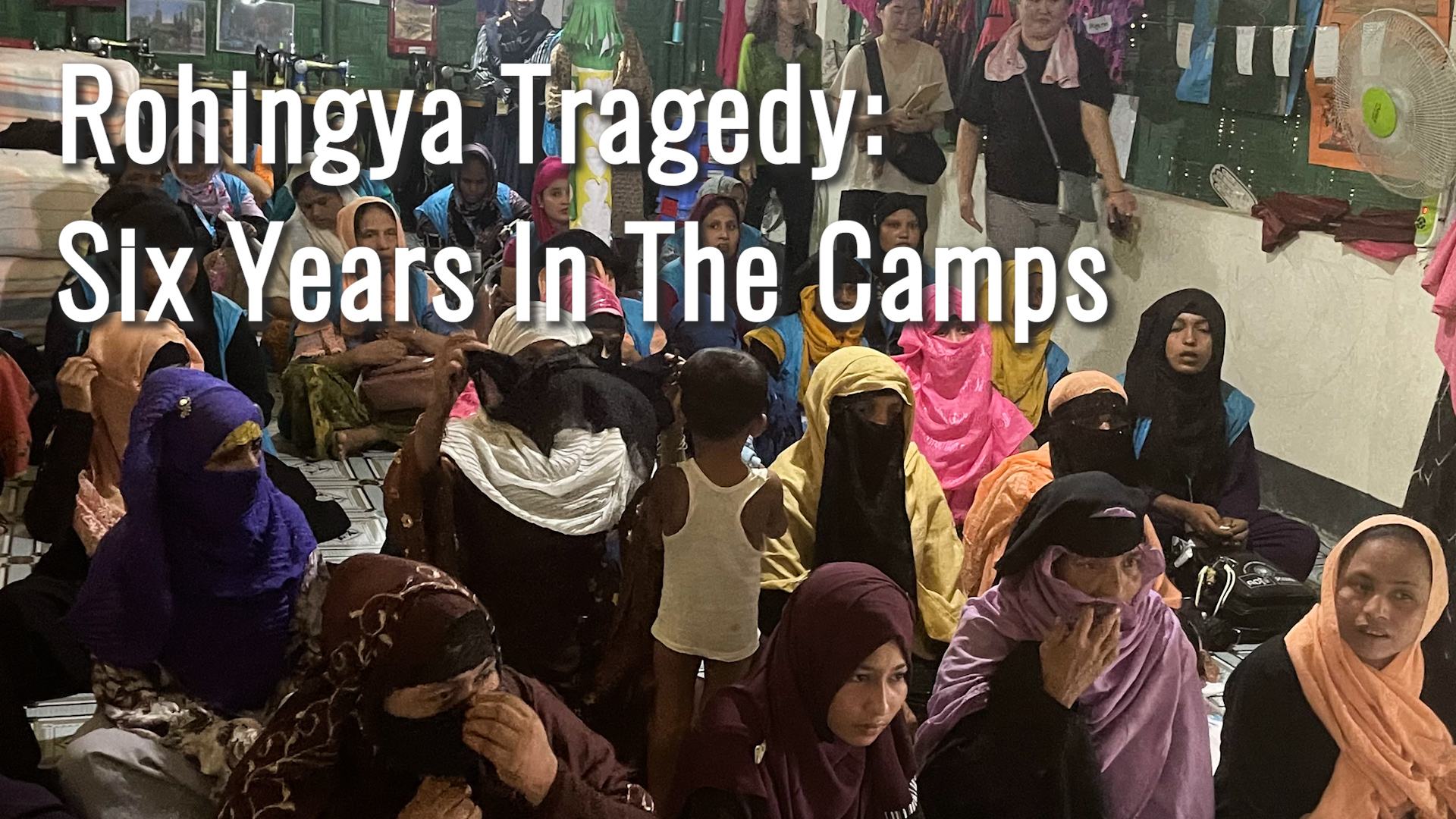By AFP
The United Nations experienced “systemic failures” in its handling of the situation in Myanmar leading up to the 2017 mass exodus of Rohingya, a UN report said on Monday.
The finding came after UN Secretary-General Mr Antonio Guterres in February ordered the internal review of the world body’s operations in Myanmar after its officials in the country were accused of ignoring warning signs of the attacks against the Rohingya, a Muslim minority.
Today some 740,000 Rohingya are living in camps in Bangladesh after fleeing Myanmar’s northern Rakhine state during a 2017 military campaign the UN has described as ethnic cleansing.
The report says that while “it is difficult to assign responsibility for systemic failures,” there is a shared responsibility “on the part of all parties involved” in not “conveying more forcefully the United Nations’ principled concerns regarding grave human rights violations.”
Support more independent journalism like this. Sign up to be a Frontier member.
Some of the criticism of the UN has focused on allegations that the world body’s then-resident coordinator, Ms Renata Lok-Dessallien, downplayed concerns about worsening abuses against the Rohingya in favour of prioritising development cooperation with Myanmar’s government.
The UN has denied those claims.
But the 36-page report authored by veteran Guatemalan diplomat Mr Gert Rosenthal and shared with UN member states denounces a “dynamic of divisions rather than cohesion within the UN system”, “the absence of a clear and unified strategy” and shortcomings of “systematic and unified analysis from the field.”
Rosenthal wrote that the UN “needs to improve, systematize and share the gathering of data, information and analysis of events on the ground in real time,” and if there are “diverse interpretations coming from different quarters,” they should be shared and efforts made to understand them.
Among the causes of the UN’s failures, the diplomat notes “the initial fascination on the part of the international community with the political transition, based in no small part on the almost legendary status that Aung San Suu Kyi had reached,” referring to Myanmar’s state counsellor.
He said the then-United Nations High Commissioner for Human Rights, Prince Zeid Ra’ad Al Hussein, most consistently called out the rights violations taking place but this led to “some unease among those in the UN who favored the ‘quiet diplomacy’ approach.”
Asked Monday about the report, UN spokesman Mr Stéphane Dujarric said Guterres has accepted the recommendations “and is committed to implementing them so as to improve the performance of the United Nations system.”
But Mr Phil Robertson, deputy Asia director at Human Rights Watch, called Rosenthal’s report “an utter disappointment” and “an exercise in assigning blame without pointing fingers at anyone”.
“People should have been fired for these failures, starting with Renata Lok-Dessallien, the UN Resident Coordinator who presided over this mess and continually downplayed the severity of the crisis until it was too late,” he said. “The report now looks increasingly like a check-the-box exercise by UN Secretary General Antonio Guterres, designed to show commitment to accountability when in reality it accomplishes exactly the opposite.”
Lok-Dessallien is now the UN’s resident coordinator in India.
– Additional reporting by Frontier







